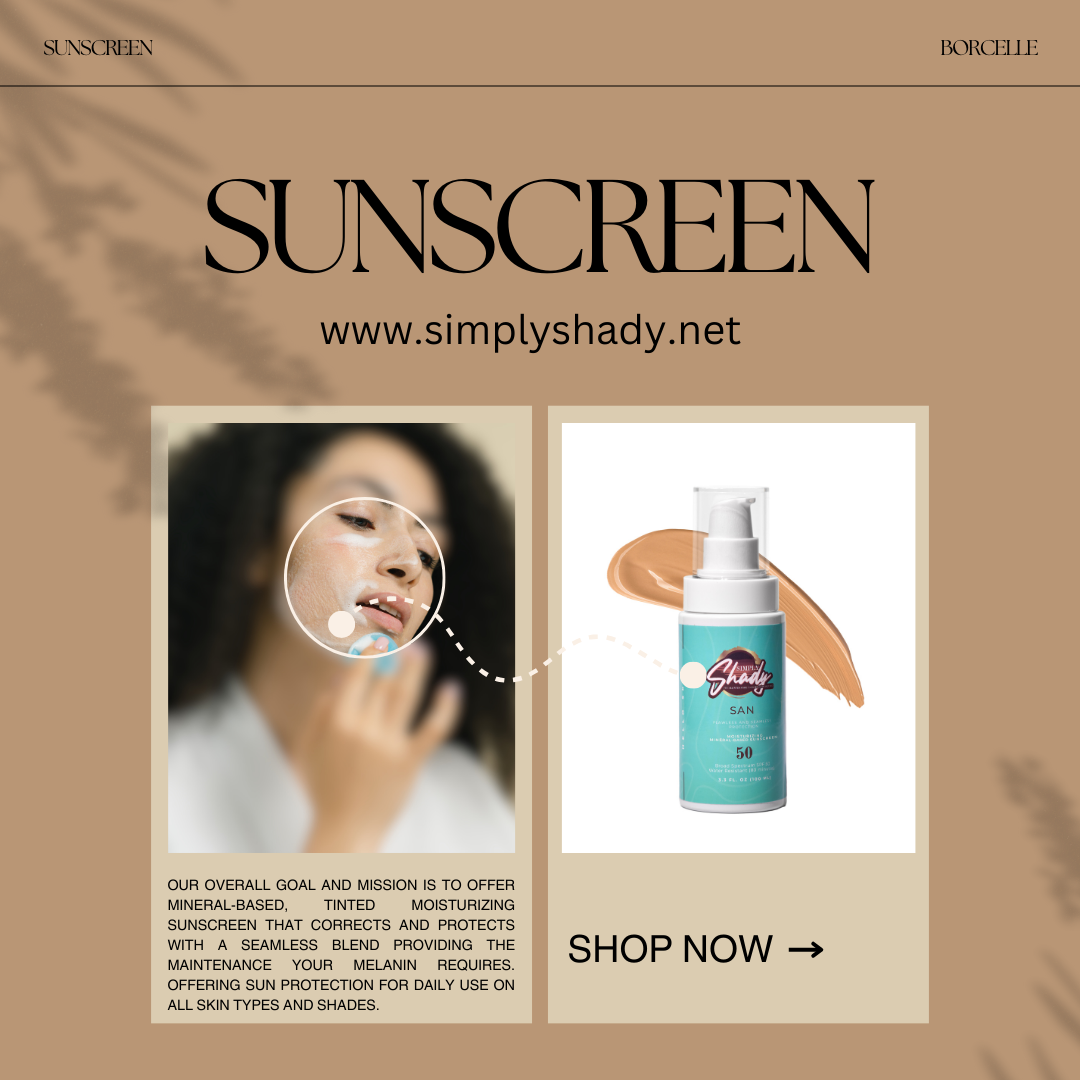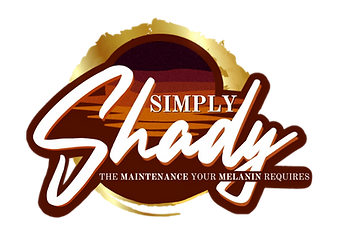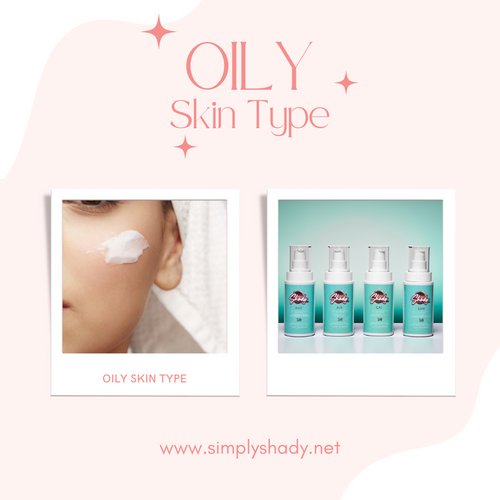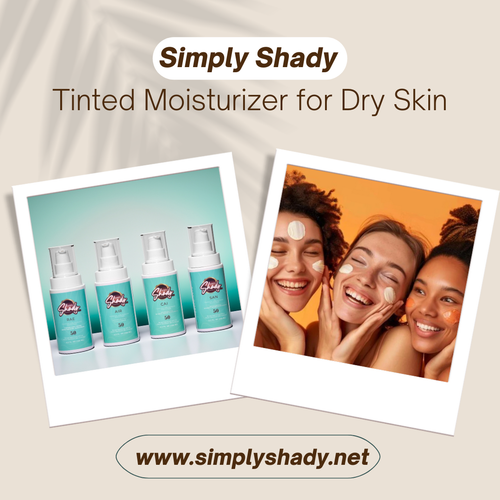Article: Best Mineral-Based Sunscreen for Daily Skincare Guide 2026

Best Mineral-Based Sunscreen for Daily Skincare Guide 2026
What is Mineral-Based Sunscreen?
Mineral-based sunscreen, also known as physical sunscreen, is a type of sunscreen that uses natural minerals, such as zinc oxide and titanium dioxide, to protect your skin from harmful UV rays. Unlike chemical sunscreens, which absorb UV rays and convert them into heat, mineral sunscreens sit on top of the skin and deflect the rays away.
How Does Mineral-Based Sunscreen Work?
When applied to the skin, mineral sunscreen creates a physical barrier that reflects and scatters UV rays. This barrier helps prevent these rays from penetrating the skin and damaging the cells. Mineral sunscreens are generally considered to be more gentle on the skin and are often preferred by those with sensitive skin.
Benefits of Mineral-Based Sunscreen
- Protects against UVA and UVB rays: Broad-spectrum coverage is provided by mineral-based sunscreens against UVA and UVB rays at the same time. This means that these products can protect from both the sunburn-causing UVB rays and the deeper penetrating, premature aging-inducing—and thus more damaging—UVA rays.
- Reduces the risk of skin cancer: By blocking harmful UV rays, mineral-based sunscreen can help reduce the risk of skin cancer, including melanoma, the most serious type of skin cancer.
- May help prevent premature aging: Sun exposure is a major contributor to premature aging, leading to wrinkles, fine lines, and age spots. Using mineral-based sunscreen can help protect your skin from the damaging effects of the sun and maintain a youthful appearance.
- Suitable for sensitive skin: Mineral sunscreens are generally well-tolerated by those with sensitive skin. They are less likely to cause irritation or allergic reactions compared to chemical sunscreens.
Types of Mineral-Based Sunscreen
There are two main types of mineral-based sunscreen: zinc oxide and titanium dioxide.
- Zinc oxide: Zinc oxide also can protect from a broad spectrum of harmful rays like UVAs and UVBs hence it’s widely utilized as an ingredient in sunscreens meant for infants and young ones because of its safety record and efficacy.
- Titanium dioxide: Titanium dioxide is another popular mineral sunscreen ingredient that provides good protection against UV rays. It is often used in tinted moisturizers and makeup products because it reduces the appearance of skin imperfections.
Choosing the Right Mineral-Based Sunscreen
When selecting a mineral-based sunscreen, there are several factors to consider:
- SPF: The Sun Protection Factor (SPF) indicates how long the sunscreen will protect your skin from sunburn. Choose an SPF of at least 50 for daily use, and consider a higher SPF for extended sun exposure or if you have sensitive skin.
- Broad-spectrum protection: Ensure that the sunscreen provides broad-spectrum protection against both UVA and UVB rays.
- Water resistance: Choose water-resistant sunscreen if you plan to swim or sweat. However, remember that no sunscreen is completely waterproof, so reapply every two hours or after swimming or sweating.
- Skin type: Consider your skin type when selecting a sunscreen. For example, those with oily skin may prefer a lightweight, non-greasy formula, while those with dry skin may benefit from a moisturizing option.
Applying Mineral-Based Sunscreen
To ensure optimal protection, follow these guidelines for applying mineral-based sunscreen:
- How much to apply: Apply a generous amount of sunscreen to all exposed areas of your skin. A good rule of thumb is to use about a shot glass full of sunscreen for your entire body.
- When to apply: Apply sunscreen at least 15 minutes before going outside to allow it to absorb into your skin.
- Reapplying: Reapply sunscreen every two hours or more frequently if you're sweating or swimming.
Mineral-Based Sunscreen for Specific Needs
- Tinted moisturizers: Tinted moisturizers with mineral-based sunscreen offer sun protection and a touch of color to even out your skin tone.
- Anti-aging formulas: Look for mineral sunscreens that contain antioxidants like vitamin C or E to help protect your skin from environmental damage and promote collagen production.
- Intense hydration: If you have dry skin, choose a mineral sunscreen that is formulated with hydrating ingredients like hyaluronic acid or shea butter.
- Natural coverage: For those who prefer natural-looking sun protection, consider mineral sunscreens that contain natural pigments like iron oxide.
- Lightweight options: If you don't like the feeling of heavy sunscreen on your skin, opt for a lightweight or gel-based formula.
Incorporating Mineral-Based Sunscreen into Your Skincare Routine
- Morning routine: After cleansing and moisturizing your face, apply a broad-spectrum mineral sunscreen with an SPF of at least 50. Don't forget to protect your neck, ears, and hands.
- Evening routine: Cleanse your face thoroughly to remove any remaining sunscreen and makeup. Apply a moisturizer to keep your skin hydrated.
Tips for Safe Sun Protection
In addition to using mineral-based sunscreen, here are some other tips for protecting your skin from the sun:
- Seek shade: Whenever possible, seek shade during peak sun hours (typically between 10 AM and 4 PM).
- Wear protective clothing: Cover up with long-sleeved shirts, pants, and a wide-brimmed hat to protect your skin from the sun's rays.
- Limit sun exposure during peak hours: If you must be outside during peak sun hours, take frequent breaks and seek shade.
Mineral-Based Sunscreen FAQs
Is mineral-based sunscreen safe for children?
Yes, mineral-based sunscreen is generally considered safe for children. However, it's important to choose a sunscreen that is specifically formulated for children and does not contain any harmful ingredients.
Can I use mineral-based sunscreen on my face?
Yes, mineral-based sunscreen is suitable for use on the face. Look for a formula that is non-comedogenic and won't clog pores.
Does mineral-based sunscreen leave a white cast?
Some mineral sunscreens may leave a white cast on the skin. However, there are now many tinted and clear options available that can help minimize this appearance.
How long does mineral-based sunscreen last?
The shelf life of mineral-based sunscreen can vary depending on the product and storage conditions. Generally, most sunscreens have a shelf life of about three years. Look for the expiration date on the product packaging.
Conclusion
Mineral-based sunscreen provides a secure and efficient means of shielding your skin from UV rays’ detrimental effects. Knowing its advantages, different types, as well as correct usage, enables you to take good care of your skin and stay young forever. Remember that daily application of mineral sunscreen should form part of your skincare regimen together with looking for shady areas and dressing appropriately to enhance sun safety practices.



